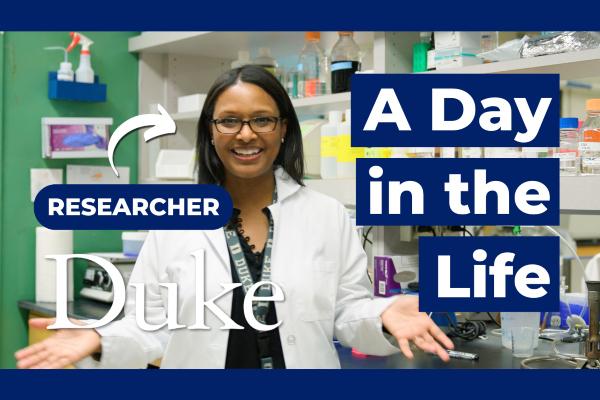Tri-I MMPTP
Welcome to the Tri-I MMPTP
The Tri-Institutional Molecular Mycology and Pathogenesis Training Program (Tri-I MMPTP) is a multidisciplinary program spanning three major research universities that was created to recruit, support, and train promising postdoctoral scientists and physicians to develop productive research careers in molecular mycology and pathogenesis. The Tri-I MMPTP is the nation’s only NIH-funded training program dedicated to the numerous aspects of molecular mycology.
We have two open fellowship training slots. Please see the Application tab for more information.
Mission
The Tri-Institutional MMPTP aims to select committed trainees with outstanding potential, regardless of their prior area of research, and provide rigorous research training that involves clinical or basic mycology. Trainees will be nurtured to develop independent research programs utilizing pathogenic fungi or non-pathogenic fungi as model systems. To tap the regional talent in mycology, we have enlisted mentoring scientists from three proximal institutions — Duke University,the University of North Carolina at Chapel Hill (UNC-CH), and North Carolina State University (NCSU). Trainees may elect to use well-characterized fungal model species or medically/agriculturally-relevant pathogens to investigate questions of eukaryotic biology, and/or to explore the host-fungus dynamics of human or plant diseases. In addition, we have expertise in fungal systematics, phylogeny, evolution, and genomics. Many research projects will bridge one or more of these areas. Furthermore, it is relatively common (and often encouraged) for trainees to move from one laboratory to another, combining these conceptual domains.


